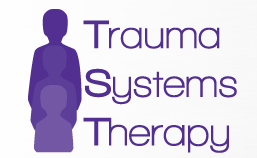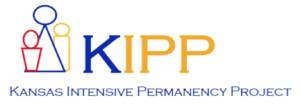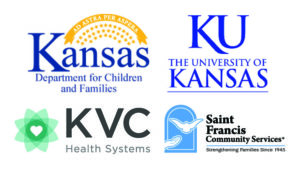- Services
At KVC, we want every child and adult to be safe & connected to a strong family and a healthy community. We’re proud to be a leader in innovative, effective and compassionate care.
Services Near You
Kansas
Nebraska
We also provide consultation and training through the KVC Institute. Learn more about our software and technology.
- Expertise
The Heart of Our Work
KVC helps health and human service agencies excel at caring for families with the most complex needs through a proven model that improves people’s health, their experience of care, and costs.
Focus Areas
- Overview of KVC’s Expertise
- Keeping Children Safe
- Keeping Families Safely Together
- Right-Sizing Congregate Care in Foster Care
- Preventing & Treating Childhood Trauma
- Suicide Prevention Expertise
- KVC’s Partnership with Sesame Street
- KVC Institute Overview
- Free Parenting Tips & Mental Health eBooks
- Consulting for Managed Care & Primary Health
- Consulting on Child Welfare & Behavioral Health
- Impact
- Events
- Get Involved
Children & Families Need You
Through KVC, you can strengthen families, prevent child abuse and neglect, and help create a bright future where every person is safe and connected to a strong family and a healthy community. Please join us today!
- About Us
About KVC
KVC Health Systems is a national leader in mental health and child welfare. Our network of local nonprofits are driven by a common mission, vision and values to strengthen families, prevent child abuse and neglect, and help children and adults achieve mental wellness.
- Blog
Overview of KVC’s Expertise
KVC helps health and human service agencies excel at caring for families with the most complex needs through a proven model that improves people’s health, their experience of care, and costs.
Learn about our areas of expertise within child welfare, behavioral healthcare, and population health:
-
- Keeping Children Safe
- Keeping Families Safely Together
- Right-Sizing Congregate Care
- Preventing and Treating Childhood Trauma
- Suicide Prevention Expertise
- Aligning Child and Family Services to Neuroscience
- KVC’s Partnership with Sesame Street in Communities
- MyLink™ Telehealth and Distance Learning Program
- KVC Institute for Health Systems Innovation
- Consulting
- KVC’s Safe & Connected™ Model
Our unique KVC family-centered practice model uses an array of evidence-based practices that are proven by their outcomes. Current national research projects include:
“Bridging the Way Home” Child Trauma Study
 KVC, The Child Study Center at New York University, Child Trends, and the Annie E. Casey Foundation have partnered together to evaluate the implementation of Trauma Systems Therapy (TST), a trauma-informed and -focused intervention model for children and families experiencing traumatic stress, across KVC’s entire service delivery system.
KVC, The Child Study Center at New York University, Child Trends, and the Annie E. Casey Foundation have partnered together to evaluate the implementation of Trauma Systems Therapy (TST), a trauma-informed and -focused intervention model for children and families experiencing traumatic stress, across KVC’s entire service delivery system.
This five-year research project is comprised of two separate studies:
- A qualitative evaluation which studies the process and impact of TST implementation across KVC’s full continuum of services, and
- A quantitative study that measures the impact of TST implementation on child and family wellbeing, timeliness to permanency, placement stability, and use of seclusions and safety holds in KVC’s hospital and residential programs.
Read the results of the 5-year study here.
Kansas Intensive Permanency Program (KIPP)
 KVC, The University of Kansas, and Saint Francis Community Services in partnership with the Kansas Department for Children and Families, are working to accelerate stable permanency for families of children with serious emotional disturbance (SED) by delivering intensive home-based parent training and support services shortly after children have been removed from their homes. Research focuses on identifying those practices and system supports that effectively support permanency as well as identifying those still needed. Read more about KIPP.
KVC, The University of Kansas, and Saint Francis Community Services in partnership with the Kansas Department for Children and Families, are working to accelerate stable permanency for families of children with serious emotional disturbance (SED) by delivering intensive home-based parent training and support services shortly after children have been removed from their homes. Research focuses on identifying those practices and system supports that effectively support permanency as well as identifying those still needed. Read more about KIPP.
Kansas Adoption Permanency Project (KAPP)
 KVC, The University of Kansas, the Kansas Department for Child and Families, and Saint Francis Community Services have joined together to fulfill a five-year research and implementation grant.
KVC, The University of Kansas, the Kansas Department for Child and Families, and Saint Francis Community Services have joined together to fulfill a five-year research and implementation grant.
This demonstration grant is a vehicle to implement and test:
1. Innovative screening, functional assessment, and measurement-driven case planning, and
2. Service array reconfiguration to produce positive wellbeing, adoption, and post-adoption outcomes for children, youth, and families with child welfare involvement.
This is accomplished by enhancing service provider capacity to provide evidence-informed practices matched to the needs of children requiring behavioral and mental health services.




